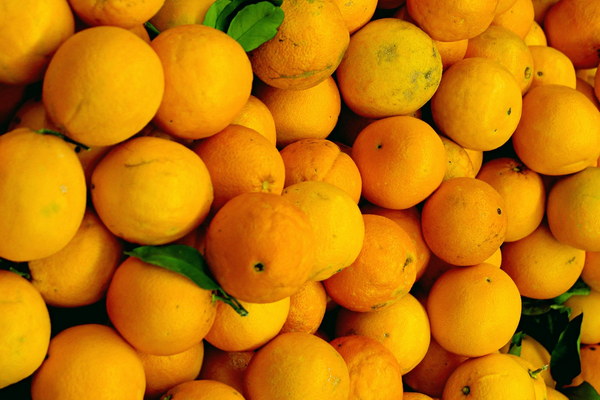The Gastrointestinal Wonders of Jujube A Nutritious Treat for Your Stomach
In the realm of traditional Chinese medicine, the jujube, also known as the Chinese date, has long been celebrated for its numerous health benefits. One of the most notable of these is its ability to nourish and soothe the gastrointestinal tract. Let's delve into the world of jujube and explore how this humble fruit can be a stomach's best friend.

The jujube, scientifically known as Ziziphus jujuba, is a small, round fruit that comes in a variety of colors, including red, green, and yellow. It is rich in vitamins, minerals, and antioxidants, making it a nutritional powerhouse. But what sets it apart is its unique ability to promote gastrointestinal health.
Firstly, jujube is an excellent source of dietary fiber. This fiber helps to regulate bowel movements and prevent constipation. The act of chewing the fruit thoroughly ensures that the fibers are fully utilized, further aiding in digestion. For those suffering from irritable bowel syndrome (IBS) or other digestive disorders, the fiber content of jujube can be particularly beneficial.
Moreover, jujube is known for its gentle, soothing properties on the stomach lining. It contains compounds that can help reduce inflammation and protect the stomach walls from damage. This is especially useful for individuals who experience frequent stomachaches or ulcers.
The fruit's vitamin and mineral content also plays a crucial role in maintaining gastrointestinal health. For instance, vitamin C, found in abundance in jujube, helps to strengthen the immune system, which can protect against infections that may lead to stomach discomfort. Additionally, the presence of vitamin B6 supports the production of neurotransmitters that regulate digestive functions.
Another notable benefit of jujube is its ability to enhance the production of digestive enzymes. These enzymes are essential for breaking down food and absorbing nutrients effectively. By promoting the production of these enzymes, jujube ensures that the digestive process runs smoothly.
In traditional Chinese medicine, jujube is often used to treat various stomach-related issues, including indigestion, bloating, and stomach pain. It is believed to balance the body's Qi, or life force, which is thought to be crucial for maintaining good health, including gastrointestinal well-being.
It's important to note that while jujube can be a valuable addition to a healthy diet, it should not be used as a substitute for medical treatment. For those with severe gastrointestinal issues, it is advisable to consult with a healthcare professional before incorporating jujube into their regimen.
So, how can one incorporate jujube into their daily routine? There are several ways. Fresh jujubes can be eaten as a snack, added to salads, or cooked in soups and stews. Dried jujubes, also known as Chinese dates, are a convenient option, often used in teas and desserts. Moreover, jujube powder can be mixed with water or added to smoothies for an easy way to reap the fruit's benefits.
In conclusion, the jujube is a remarkable fruit that has been cherished for centuries for its ability to nurture and protect the gastrointestinal system. Its rich nutritional profile, coupled with its traditional healing properties, makes it a worthwhile addition to any diet focused on promoting stomach health. Whether enjoyed fresh, dried, or in a variety of recipes, the jujube is a natural remedy that can help keep your stomach in tip-top shape.









